Search
Search Results
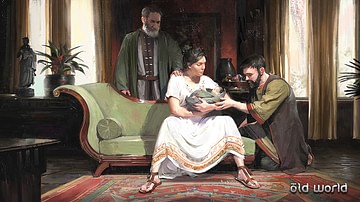
Article
Family Planning in Greco-Roman Antiquity
Family planning was a topic of vital importance in the ancient Mediterranean. Some of the earliest medical literature from ancient Greece and Rome deals with fertility and reproductive health. Among the numerous treatments and procedures...
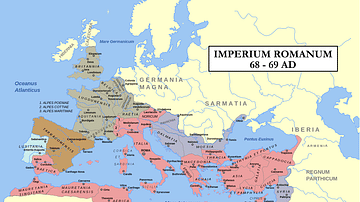
Article
The Batavian Revolt
Batavian revolt was a rebellion of the Batavians against the Romans in 69-70 CE. After initial successes by their commander Julius Civilis, the Batavians were ultimately defeated by the Roman general Quintus Petillius Cerialis. The year...
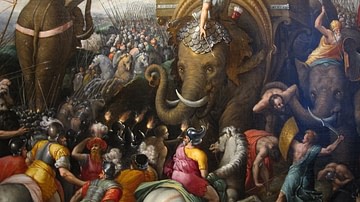
Article
The Battle of Zama - The Beginning of Roman Conquest
The Battle of Zama (202 BCE) was the final engagement of the Second Punic War (218-202 BCE) at which Hannibal Barca of Carthage (l. 247-183 BCE) was defeated by Scipio Africanus of Rome (l. 236-183 BCE) ending the conflict in Rome's favor...
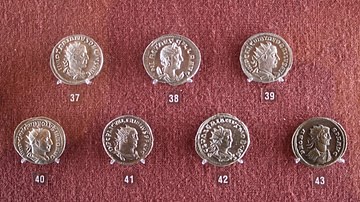
Definition
Roman Coinage
Roman coins were first produced in the late 4th century BCE in Italy and continued to be minted for another eight centuries across the empire. Denominations and values more or less constantly changed but certain types such as the sestertii...
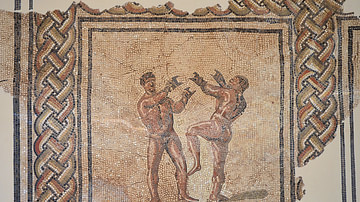
Article
Boxing in the Roman Empire
Boxing is one of the oldest sports in the world that is still practiced today. Included in the original athletic contests of the Olympic Games, pugilism or boxing was well known and loved by the ancient Greeks and Romans. The style used in...
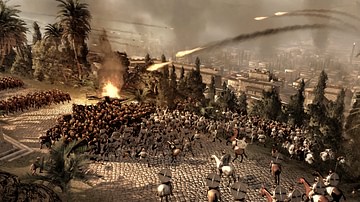
Article
Roman Artillery
Roman artillery weapons were instrumental in the successes of the Roman army over centuries and were especially used in siege warfare, both for offence and defence. Principally used in fixed positions or onboard ships, these machines, known...

Article
Roman Games, Chariot Races & Spectacle
If there was one thing the Roman people loved it was spectacle and the opportunity of escapism offered by weird and wonderful public shows which assaulted the senses and ratcheted up the emotions. Roman rulers knew this well and so to increase...
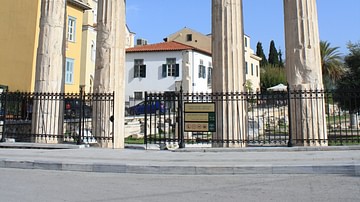
Article
Hellenistic & Roman Agora of Athens
Pericles’ agora of Athens flourished under Macedonian control. After Macedon was defeated by Rome, the Romans added to the district even before Greece was taken as a province and more so afterwards. The Roman version of the agora continued...

Article
Trade in Ancient Mesopotamia
Local trade in ancient Mesopotamia began in the Ubaid Period (c. 5000-4100 BCE), had developed into long-distance trade by the Uruk Period (c. 4100-2900 BCE), and was flourishing by the time of the Early Dynastic Period (2900-2334 BCE). Developments...

Article
Gibbon's Decline & Fall of the Roman Empire
The English historian Edward Gibbon (1737-1794) wrote and published his seminal work History of the Decline and Fall of the Roman Empire between 1776 and 1788. The dominant theme of Gibbon's six-volume work is that the fall of the Roman Empire...